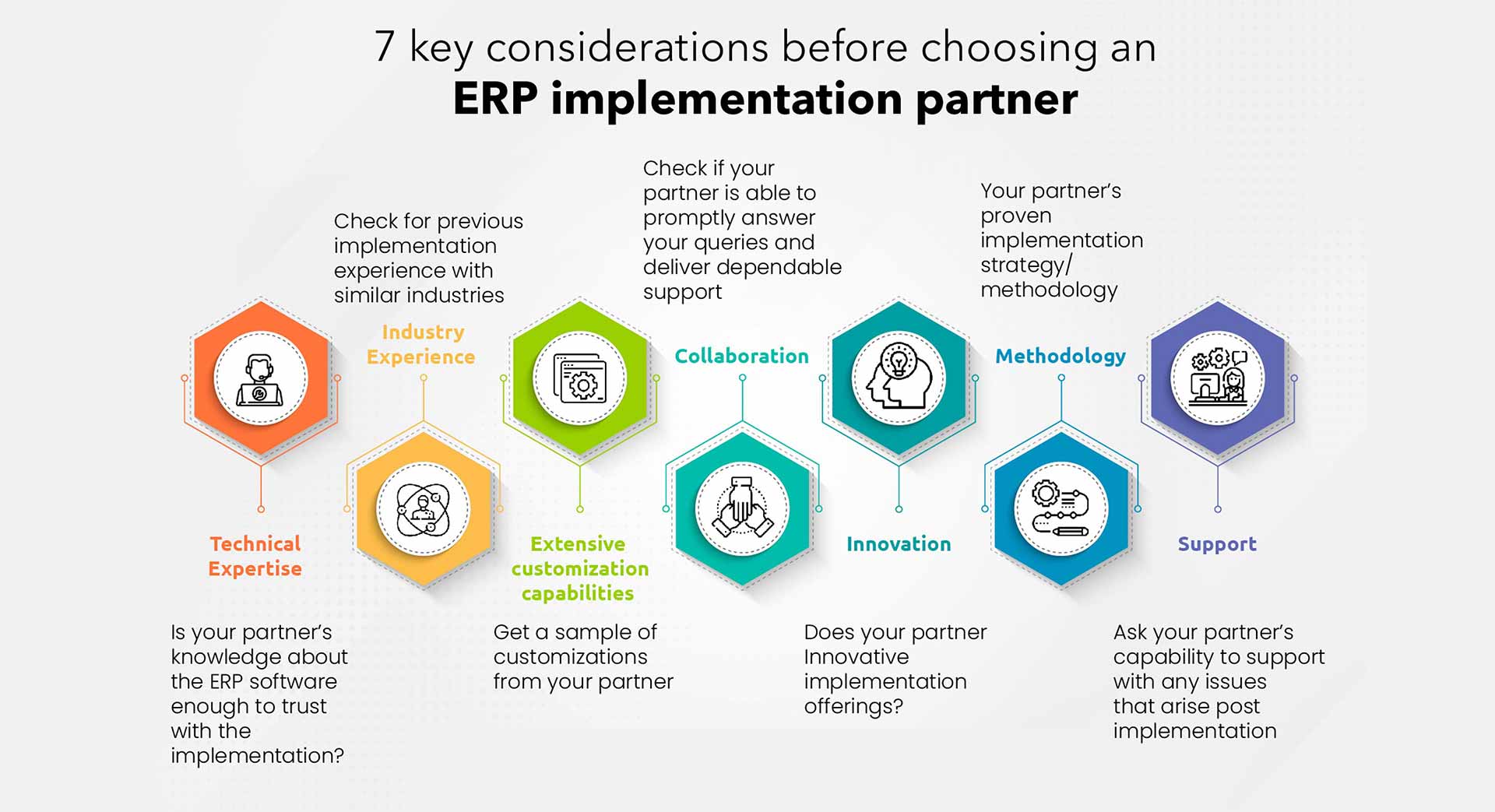Integrating an Enterprise Resource Planning (ERP) system
with an eCommerce platform is indeed a crucial step for businesses looking to optimize their operations and provide a seamless customer experience.

Pros: Native integrations are typically user-friendly and offer direct, out-of-the-box compatibility between your ERP and eCommerce systems, ensuring smooth data synchronization and minimal maintenance.
Cons: They may be limited in terms of customization and may not support all eCommerce platforms or unique business requirements.
Pros: Middleware solutions like Dell Boomi, MuleSoft, and Jitterbit provide flexibility and robust integration capabilities. They act as intermediaries, allowing for seamless communication and automation between systems.
Cons: Middleware solutions can be costlier and require a certain level of technical expertise to set up and maintain.
Pros: Custom development allows for complete flexibility and tailored solutions to meet your specific integration needs. It's a good option for businesses with unique requirements.
Cons: It can be resource-intensive, time-consuming, and costly. Ongoing maintenance and updates may also be required.
Pros: Third-party apps like Zapier, Celigo, and Patchworks offer pre-built connectors and configurable settings, making integration more accessible and quicker. They are often cost-effective and easy to set up.
Cons: They may not cover all unique business requirements, and you may need to adapt your processes to fit within the confines of the integration app.
When choosing an ERP and eCommerce integration solution, consider the following factors:
- Compatibility: Ensure that the solution is compatible with your specific ERP and eCommerce platforms.
- Scalability: Assess whether the integration can grow with your business and handle increased data loads.
- Ease of Use: Consider the user-friendliness of the solution, especially if you lack extensive technical expertise.
- Customization: Determine how much flexibility you need in terms of tailoring the integration to your unique business processes.
- Ongoing Support: Ensure the solution provider offers reliable customer support and maintenance services.
- Security and Data Privacy: Prioritize the security of sensitive customer and business data. Evaluate the solution's data protection measures.

Before making a decision, it's essential to consult with IT professionals or experts in ERP and eCommerce integration to thoroughly assess your specific requirements and choose the most suitable solution for your business. The right integration can significantly improve efficiency and customer satisfaction while reducing manual work and errors in your operations.
Your Customers
are the lifeblood of your company, and in the world of Internet marketing, Network Handlers will handle the sweat to get you results.
Work With Us